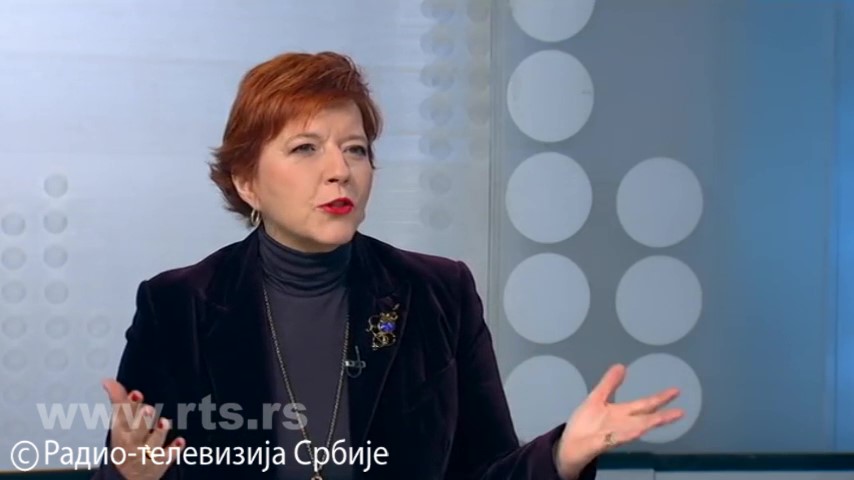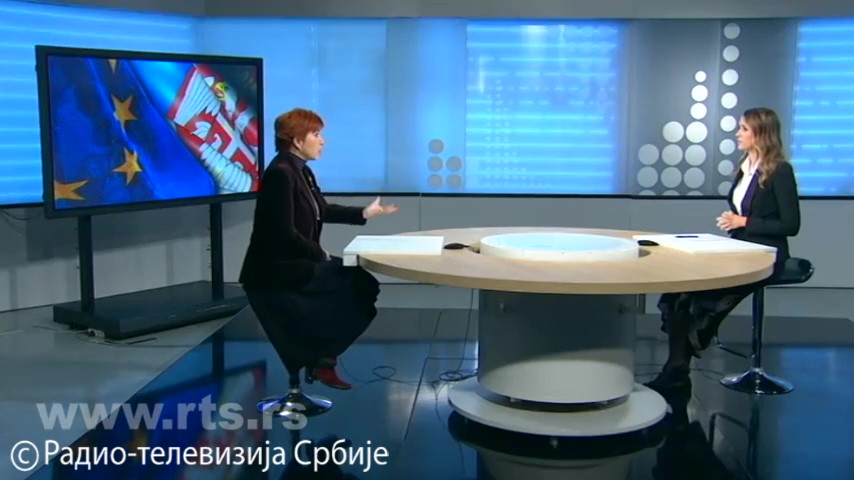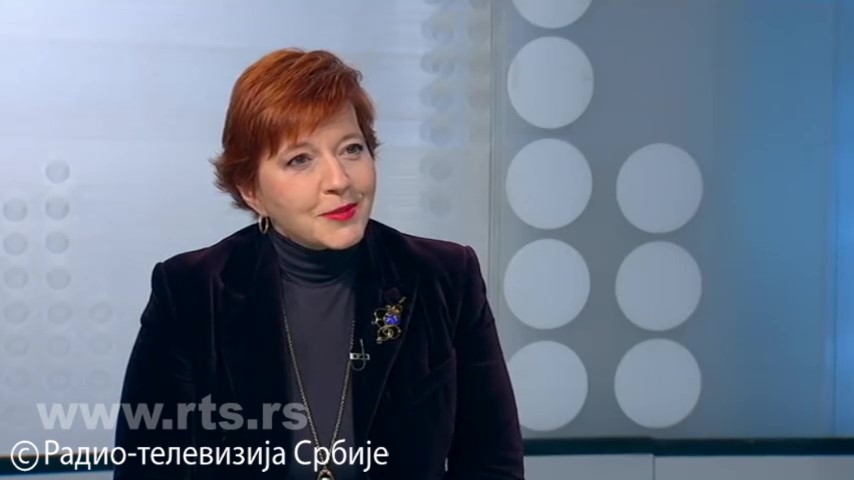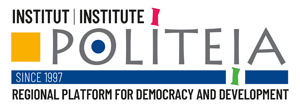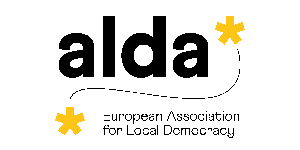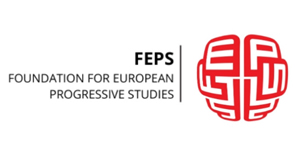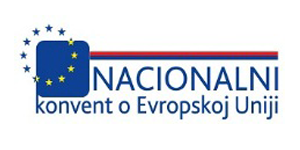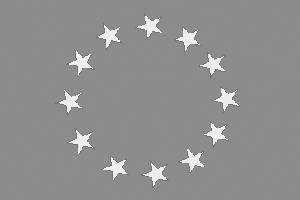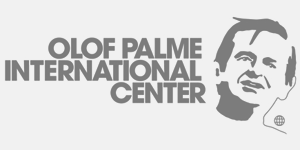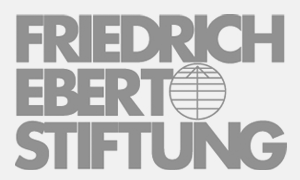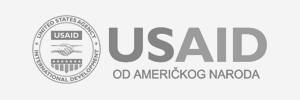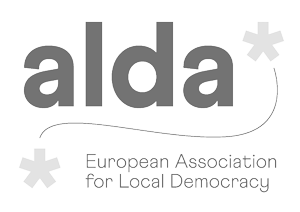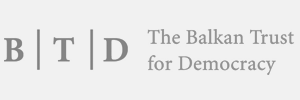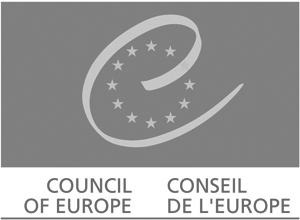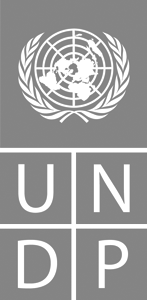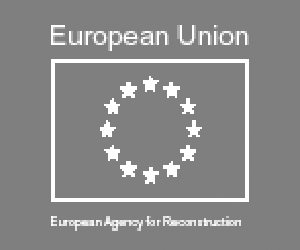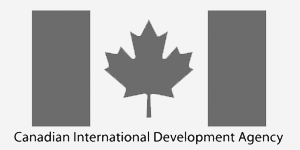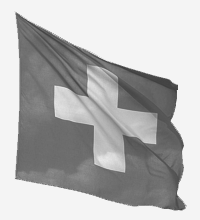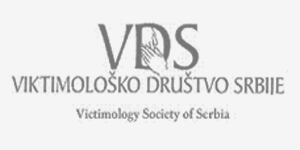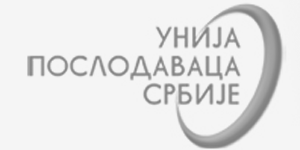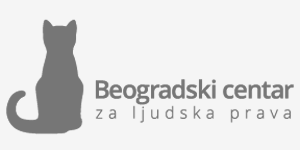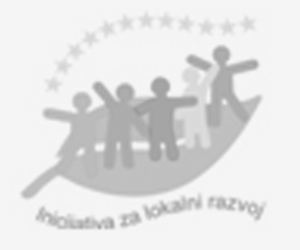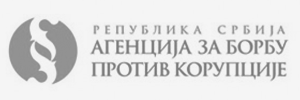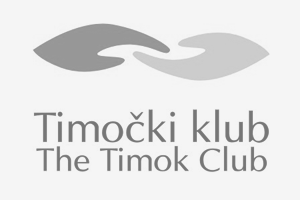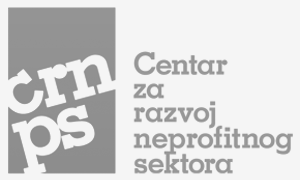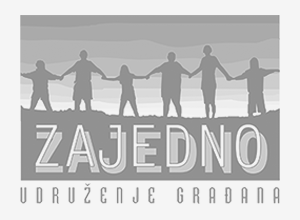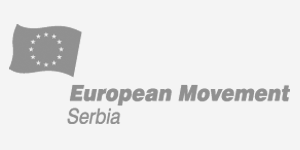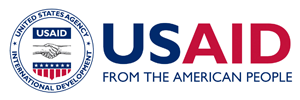Nataša Vučković for RTS: We’re All Paying for the Poor Image of the Western Balkan Region, And We Have to Get Ahead of This
Interview with the CDF’s Executive Director on RTS
According to last month’s EU Report, Serbia has fulfilled criteria to open a cluster on taxation policy, social policy and employment. Nataša Vučković from the Center for Democracy Foundation highlighted during her interview on RTS, that the four freedoms of the EU, the freedom of movement, capital, goods and services are extremely important to the functioning of a single market. She estimates that the poor image of the Western Balkans is costing us all, and that we need to get out ahead of this, to embrace change, changes which are European.
The European Commission October Report states that Serbia has fulfilled the criteria to open a cluster on taxation policy, social policy and employment. In 2015, when we were still discussing the chapters, Brussels put the brakes on progress concerning Chapter Two, which refers to the movement of workers. Thus, Union criteria was met at that time.
How much have we improved in this area over the last six years?
According to the new methodology, the freedom of movement of workers falls under Cluster Two, which includes the four freedoms of the EU, the freedom of movement of people, capital, goods and services. These are very important in terms of the functioning of the EU’s single market, which is why we need to prepare so that we can enter the EU market at full capacity.
Cluster Two is that cluster of three for which it was said, now in October 2021, that we have met the required criteria. What does this mean? It means that the conditions required to open all these chapters has been met. For example, for Chapter 19, which I often mention, which deals with social policy and employment, the criteria required to open the Chapter is that the Government of Serbia was to adopt an action plan that will envisage how we will act in the spheres of employment relations, social dialogue, social policy, antidiscrimination on the labour market and how we plan to harmonise with EU regulations. Well, we adopted this action plan in 2020.
When will our workers have the right to equal social protection (welfare), the right of the members of workers’ families to be included and receive family benefits, the right to an EU Healthcare Insurance Card? In opening or in closing [the Chapters]? Or not until we join the Union?
Not until we’ve become a member of the EU. Until then, we have to prepare the conditions required for the freedom of movement of workers and the conditions required so that all EU member workers have equal employment opportunities on our labour market and the same opportunities to conduct business and the same protections as our citizens.
The goal of the mentioned rights is also to encourage the mobility of the workforce between EU member states. How successful has Brussels been here?
Once you become a member of the EU, you have already managed to harmonise much, and at the end of the day, through EU cohesion funds, you receive the funds you need to improve your industry, economy, agriculture, which allows you to catch up with the more developed EU member states. Take Poland, for example, a large number of Polish workers migrate to EU countries, but, on the other hand, Poland has taken a lot of funding from the EU to develop agriculture and the result is that the country has significantly increased its resources in this area.
The experience of regional states is that with EU membership, a certain percentage of their populations have found work in other states. Croatia has a large workforce deficit, as a huge number of young people have left and now the state is seeking workers from within the region. Two million workers have left Poland. What kind of message is this sending to the Serbian labour market?
Primarily, the thing is, we have to think about how we plan to improve our economy, so that salaries and the perspectives available to youths are better and as close as possible to EU levels. This is key, all other parameters of our development are important here.
Of course, in this world of increased mobility, youths are migrating to places where their perspectives are better and this is something we have no right to condemn, nor is there anything we can do to put a stop to it. For instance, we aren’t even part of the Single European Market, we still don’t have all of the conditions required for labour force mobility that member states have, yet many youths are leaving because those who need expertise, will pave a way to obtain it.
Youths need to be empowered through economy, educational assistance, advanced education, the creation of conditions where you have highly profitable, high-income branches of the economy where youths have the opportunity to productively use the knowledge that they have gained, where know-how is important and where salaries are higher.
Are initiatives, such as, let’s say, the current ‘Open Balkan’ initiative, simply ‘public drills’ at the regional level?
It seems to me that we are always waiting for the EU, the US, or someone else to lend us support for some sort of initiative, yet we [the Western Balkan states] are extremely interconnected and focused on each other. I think any initiative that connects people is a step in the right direction. They serve to forge economic and labour connections, and connections in the areas of labour, science and education. We have a great number of people who have, at some point, lived in one of these regional countries, for years, decades even. We have a lot of ‘baggage’ concerning our past, we share many habits, we recognise each other’s products.
In terms of the world of labour and work permits, the announcement that a single work permit for the region will be created, that is, for those countries participating in this initiative, this can be a positive thing for Serbia, but also, I think, generally speaking and concerning the entire region, we need to develop cooperation more, to get to know each other better, to promote the learning of regional languages. Simply put, we need to create a better image of the Western Balkans. This poor image is costing us all, we have to get ahead of it and finally say - we will no longer allow ourselves to be dragged by our fate, but to take this fate in with open arms, embrace change, both global and European, enroot these changes locally and get them to work for us, I believe we can get them to work for us.
Source: RTS; Author: Milica Pujkilović
PUBLICATIONS
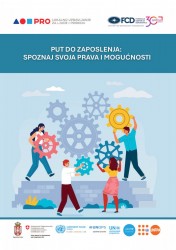 Manual “The Path to Employment: Get to Know Your Rights and Opportunities”
Manual “The Path to Employment: Get to Know Your Rights and Opportunities”
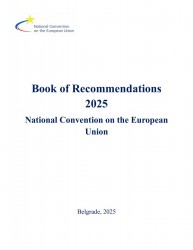 NCEU Book of Recommendations 2025
NCEU Book of Recommendations 2025
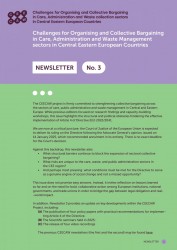 Challenges for Organising and Collective Bargaining in Care, Administration and Waste collection sectors in Central Eastern European Countries
Challenges for Organising and Collective Bargaining in Care, Administration and Waste collection sectors in Central Eastern European Countries
 Public Policy Proposals – Collective Bargaining (CEECAW)
Public Policy Proposals – Collective Bargaining (CEECAW)
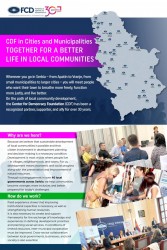 CDF in Cities and Municipalities: Together for a Better Life in Local Communities
CDF in Cities and Municipalities: Together for a Better Life in Local Communities
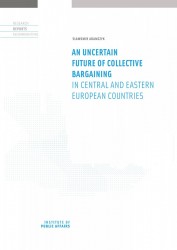 Comparative reports on collective bargaining - CEECAW
Comparative reports on collective bargaining - CEECAW
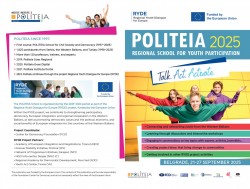 POLITEIA – Regional School for Youth Participation 2025 (leaflet)
POLITEIA – Regional School for Youth Participation 2025 (leaflet)
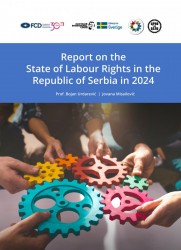 Report on the State of Labour Rights in the Republic of Serbia in 2024
Report on the State of Labour Rights in the Republic of Serbia in 2024
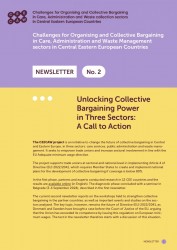 Unlocking Collective Bargaining Power in Three Sectors: A Call to Action
Unlocking Collective Bargaining Power in Three Sectors: A Call to Action
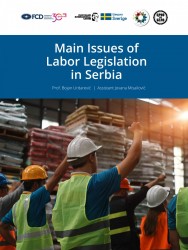 Main Issues of Labor Legislation in Serbia
Main Issues of Labor Legislation in Serbia
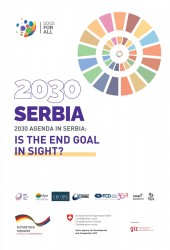 New Monitoring Report by the “SDGs for All” Platform: Is the End Goal in Sight?
New Monitoring Report by the “SDGs for All” Platform: Is the End Goal in Sight?
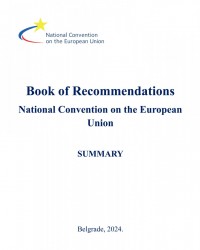 NCEU Book of Recommendations 2024 (Summary)
NCEU Book of Recommendations 2024 (Summary)
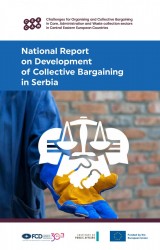 National reports on collective bargaining in Serbia - CEECAW
National reports on collective bargaining in Serbia - CEECAW
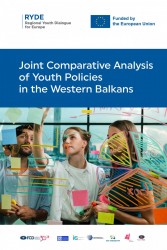 The Comparative Analysis of Youth Policies in the Western Balkans (WB)
The Comparative Analysis of Youth Policies in the Western Balkans (WB)
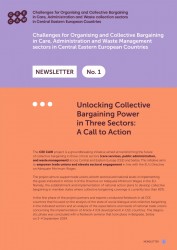 Unlocking Collective Bargaining Power in Three Sectors: A Call to Action
Unlocking Collective Bargaining Power in Three Sectors: A Call to Action
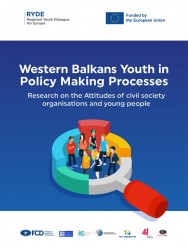 Western Balkans Youth in Policy Making Processes
Western Balkans Youth in Policy Making Processes
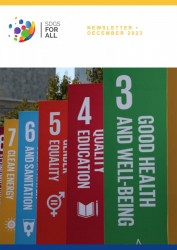 SDGs for All Platform newsletter (December 2023)
SDGs for All Platform newsletter (December 2023)
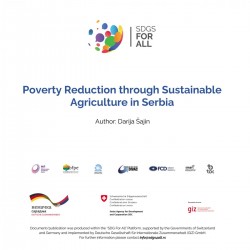 Analysis: Poverty Reduction Through Sustainable Agriculture in Serbia (with Summary)
Analysis: Poverty Reduction Through Sustainable Agriculture in Serbia (with Summary)


